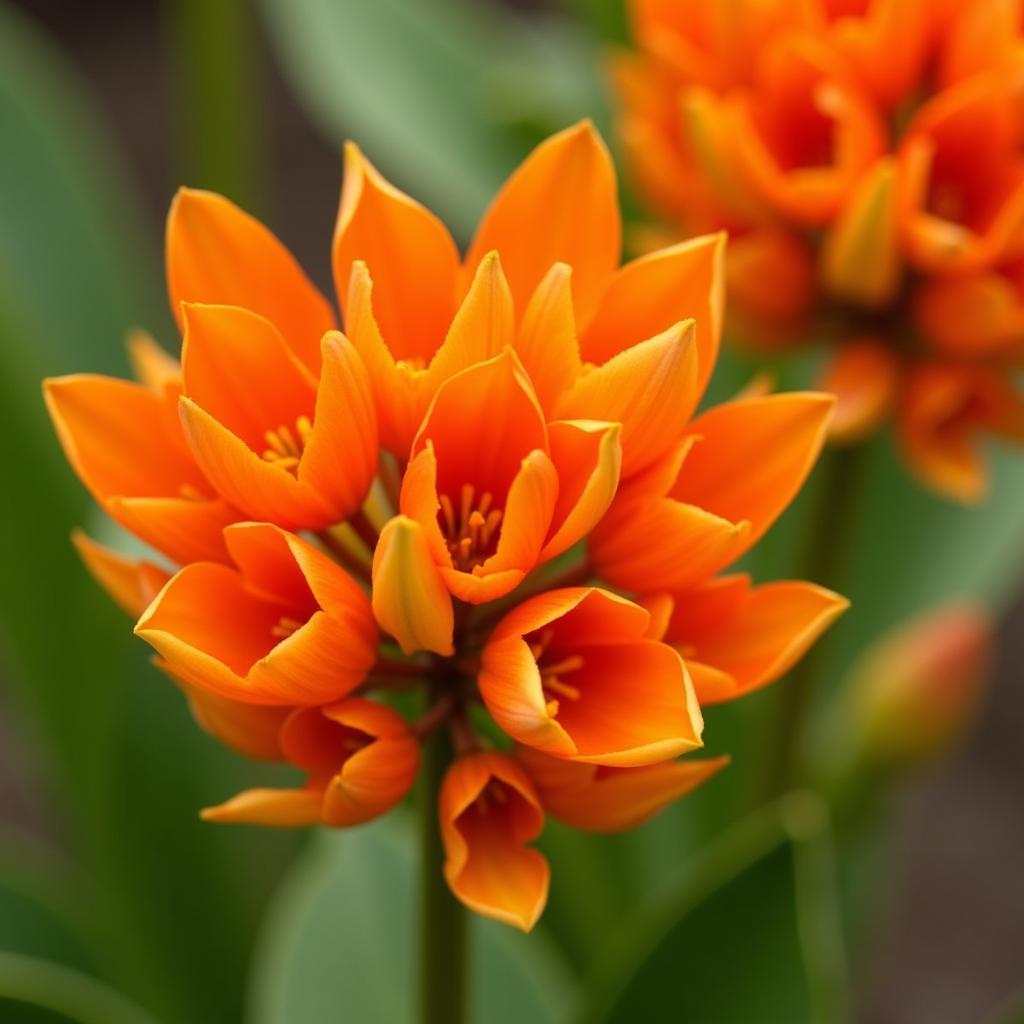Discovering the Rich World of African Jewellery Names
African Jewellery Names reflect a vibrant tapestry of cultures, traditions, and artistic expression. From the intricate beadwork of the Maasai to the elaborate gold designs of the Ashanti, each piece tells a story and holds symbolic meaning. This article delves into the fascinating world of African jewellery names, exploring their origins, significance, and the rich heritage they represent.
Unraveling the Significance of African Jewellery Names
African jewellery is more than just adornment; it’s a powerful form of cultural expression, imbued with deep symbolism and meaning. The names given to these pieces often reflect their purpose, materials, or the stories they tell. For example, a necklace might be named after a powerful ancestor, a bracelet after a protective deity, or a ring after a significant life event. Understanding these names provides a glimpse into the heart of African culture and the values it holds dear.
Many African cultures believe that jewellery possesses spiritual power. Certain pieces are worn for protection, good luck, or to enhance fertility. The names of these pieces often reflect these beliefs, serving as a constant reminder of their power and purpose. north african ostrich
Exploring Regional Variations in African Jewellery Names
Across the vast continent of Africa, jewellery traditions vary significantly, resulting in a diverse range of names and styles. From the North African Berber tribes with their silver and amber jewellery to the West African Ashanti people known for their intricate goldwork, each region boasts unique designs and nomenclature. This diversity reflects the continent’s rich history, diverse ethnic groups, and the influence of trade and cultural exchange.
For instance, in some West African cultures, gold jewellery is not merely a symbol of wealth but also a reflection of spiritual purity and royal power. Specific names are given to different types of gold ornaments, often reflecting their shape, function, or the status of the wearer. Similarly, in East Africa, Maasai women wear elaborate beaded jewellery that signifies age, marital status, and social standing within the community. Each piece has a specific name in the Maa language, reflecting its design and cultural significance.
What are some common African jewellery names?
Many African jewellery names are derived from local languages and reflect the cultural significance of the pieces. Some common examples include:
- Djembe: This West African name refers to a type of drum, and jewellery bearing this name often features drum-shaped pendants or incorporates rhythmic patterns.
- Sankofa: A Ghanaian Adinkra symbol representing the importance of learning from the past, often incorporated into pendants and other jewellery.
- Bangles: While a general term, bangles are prevalent across Africa and often have specific names in local languages.
How can I learn more about specific African jewellery names?
Learning more about specific African jewellery names requires delving into the cultures and traditions of specific regions and ethnic groups. Resources such as museums, ethnographic texts, and reputable online sources can provide valuable insights.
Dr. Anika Nkosi, a renowned anthropologist specializing in African art and culture, explains: “The names of African jewellery pieces are a window into the rich tapestry of the continent’s history and traditions. By understanding these names, we gain a deeper appreciation for the artistry and cultural significance of these adornments.”
Conclusion: A Journey Through African Heritage
African jewellery names represent more than just labels; they are a testament to the continent’s rich cultural heritage, artistic ingenuity, and deep spiritual beliefs. By exploring these names, we embark on a fascinating journey into the heart of Africa, gaining a deeper appreciation for the stories, traditions, and symbolism embedded within each piece. Through understanding the names and meanings behind these beautiful adornments, we can truly appreciate the diverse and vibrant world of African jewellery.
FAQ
-
What is the significance of African jewellery? African jewellery often carries symbolic meaning related to status, spirituality, and cultural identity.
-
What materials are commonly used in African jewellery? Materials range from gold and silver to beads, shells, and natural fibers, varying by region and tradition.
-
Where can I find authentic African jewellery? Reputable dealers, craft markets, and online platforms specializing in fair trade practices are good places to start.
-
How can I care for my African jewellery? Care instructions depend on the materials used. Consult the seller or research specific care guidelines for your piece.
-
Are there ethical considerations when buying African jewellery? Supporting fair trade practices and ensuring the artisans are fairly compensated are crucial ethical considerations.
-
What are some popular African jewellery styles? Styles vary widely, from intricate beadwork to elaborate metalwork, depending on the region and culture.
-
How can I learn more about the cultural significance of African jewellery? Museums, cultural centers, and scholarly publications can offer deeper insights.
Professor Abimbola Olufemi, a leading expert in African history and culture, adds, “African jewellery is a powerful expression of identity and heritage, and its names are an integral part of this rich tradition. By understanding these names, we gain a deeper appreciation for the artistry and cultural significance of these adornments.”
Further Exploration
- Explore the symbolism of Adinkra symbols in Ghanaian jewellery.
- Discover the intricate beadwork traditions of the Maasai people.
- Learn about the history of gold mining and its impact on West African jewellery.
If you need further assistance, please contact us: Phone: +255768904061, Email: kaka.mag@gmail.com or visit us at Mbarali DC Mawindi, Kangaga, Tanzania. We have a 24/7 customer support team.


